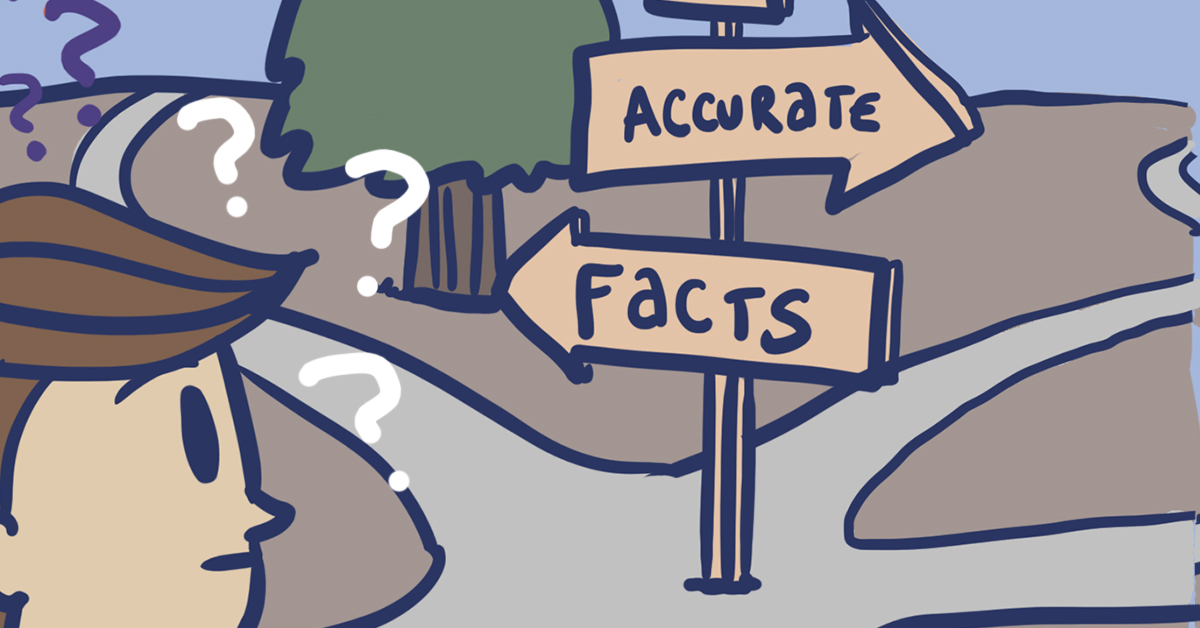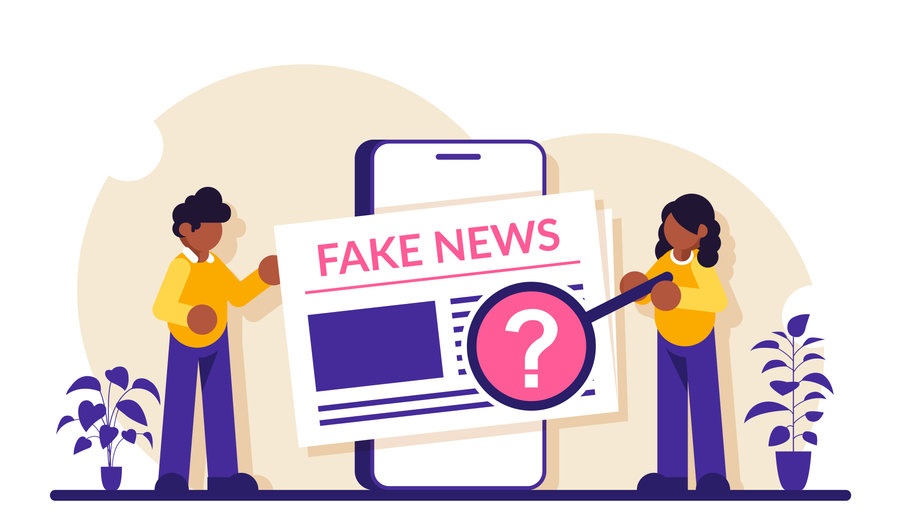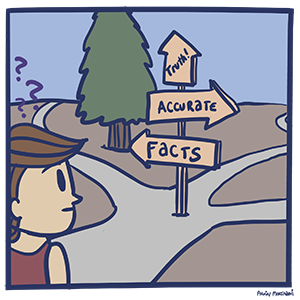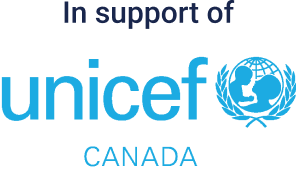Online Misinformation: Fighting the Infodemic (7-9)
This is the grade 7-9 (ages 12-14) version of this lesson. There are also grades 4-6 and 10+ versions on the site.

Online misinformation is a growing problem that has many real-world impacts. Listening to correct information is always important, but it’s even more important when you’re dealing with vital topics like healthcare and safety. With the right information, we can protect ourselves, our families, and the entire world. With the wrong information, we can harm the people we care about.
This is why at the beginning of the COVID-19 pandemic World Health Organization Director-General Tedros Adhanom Ghebreyesus said, “We’re not just fighting an epidemic; we’re fighting an infodemic.”
How serious is the spread of misinformation? At least two countries—the USA and UK—set up specialist units to combat misinformation about COVID-19. Facebook, Twitter, Youtube, Google, and Pinterest have taken steps to minimize misinformation. The World Health Organization (WHO) started a TikTok account just to fight it.

Yet despite all these efforts, misinformation is spreading across all platforms. Facebook users find ways to bypass anti-misinformation measures. Traditional media outlets accidentally share false information sometimes. Even some heads of state have said things that are untrue or mislead people on crucial topics. To make things even harder, just because something was accurate once doesn’t necessarily mean it’s accurate today.
In short, misinformation is everywhere, and it’s a lot harder to avoid than you might think. Ultimately, it’s on each of us to make sure we are getting accurate information.
Who Benefits from Misinformation?

- Hackers. Scams have emerged that promise accurate information, only to try to steal your personal information or install malicious software.
- Political enemies. The USA and the European Union claim that they have detected a coordinated effort by the Russian government to spread misinformation about COVID-19, elections, and other issues. Sometimes local or national politicians spread misinformation to try and get an advantage over their opponents.
- Scammers. Whether they are selling a “miracle cure” or secret insider information, a lot of people are trying to convince us that they are more trustworthy than official sources or experts. In the end, they might be trying to sell you membership, a product, or a conspiracy theory tied to a different issue (such as anti-vaccine ideas).
What you can do:
- Follow the CRAAP test you learned in the Critical Thinking & Evaluating Information section.
- Compare your information with trusted sources to make sure what you’ve learned is accurate and reliable.
- Don’t share information online or on social media without checking the source.
What about Kids Boost Immunity as a trustworthy source of information?

Kids Boost Immunity is a trustworthy source. KBI is a Canadian health initiative made possible through a partnership between public health agencies in Canada, including the BC Ministry of Health, the Public Health Agency of Canada, and the BC Centre for Disease Control. Our information is reviewed by health experts, teachers, and reviewers to make sure it is accurate and relevant.
For more information about how to be a critical thinker, check out the lessons in the Critical Thinking & Evaluating Information section.
All lessons & quizzes are free!
This was just one of the lessons in our Global Inequality section. There are over 200 lessons on Kids Boost Immunity just like this one on a variety of subjects. Each lesson includes a quiz, and every time a student scores 80% or higher on a quiz, we will donate life-saving vaccines to UNICEF Canada. Sign up now!





